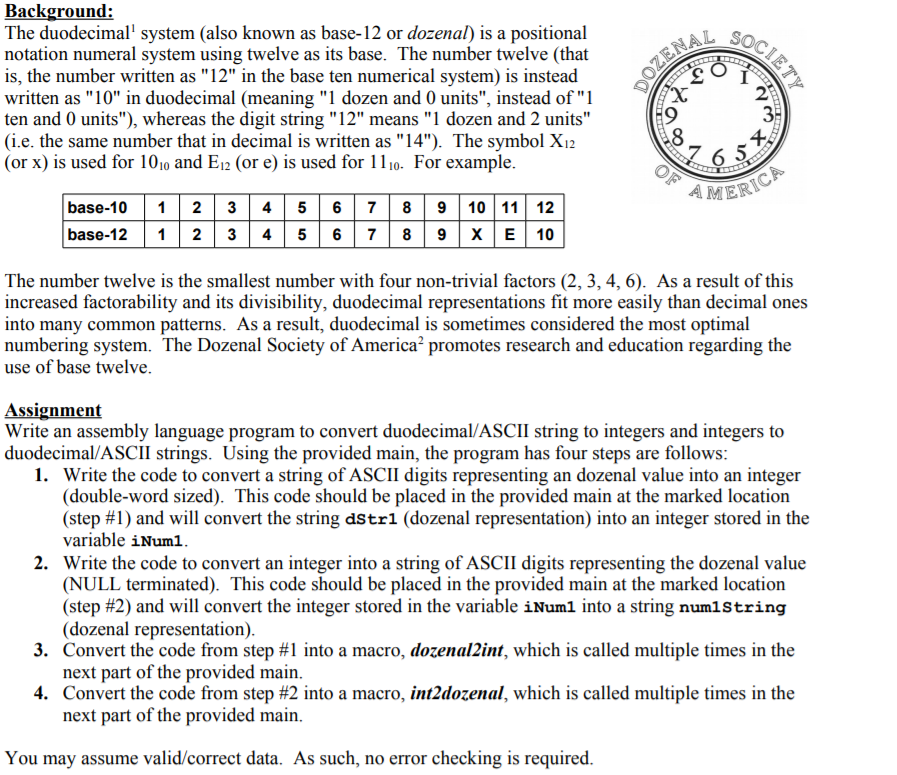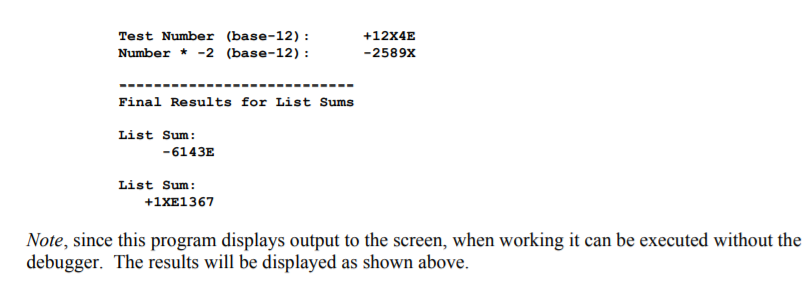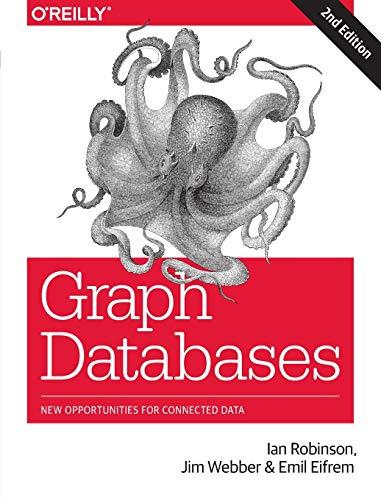
Example Output: The results, as displayed to the screen, would be as follows:

Background: The duodecimal system (also known as base-12 or dozenal) is a positional notation numeral system using twelve as its base. The number twelve (that is, the number written as "12" in the base ten numerical system) is instead written as "10" in duodecimal (meaning "1 dozen and 0 units", instead of "1 ten and 0 units"), whereas the digit string "12" means "1 dozen and 2 units" (i.e. the same number that in decimal is written as "14"). The symbol X12 (or x) is used for 101o and E12 (or e) is used for 111o. For example SOCI 9 AMER base-10 2 34 5 6789 10 11 12 base-12 2 34 5 6789X E 10 The number twelve is the smallest number with four non-trivial factors (2, 3, 4,6). As a result of this increased factorability and its divisibility, duodecimal representations fit more easily than decimal ones into many common patterns. As a result, duodecimal is sometimes considered the most optimal numbering system. The Dozenal Society of America2 promotes research and education regarding the use of base twelve ssignmen Write an assembly language program to convert duodecimal/ASCII string to integers and integers to duodecimal/ASCII strings. Using the provided main, the program has four steps are follows Write the code to convert a string of ASCII digits representing an dozenal value into an integer (double-word sized). This code should be placed in the provided main at the marked location (step #1) and will convert the string dStr1 (dozenal representation) into an integer stored in the variable iNuml Write the code to convert an integer into a string of ASCII digits representing the dozenal value (NULL terminated). This code should be placed in the provided main at the marked location (step #2) and will convert the integer stored in the variable iNum! into a string num!string (dozenal representation) Convert the code from step #1 into a macro, dozenalin, which is called multiple times in the next part of the provided main Convert the code from step #2 into a macro, int2dozenal, which is called multiple times in the next part of the provided main 1. 2. 3. 4. You may assume valid/correct data. As such, no error checking is required Test Number (base-12) Number*2 (base-12) +12X4E -2589x Final Results for List Sums List Sum: -6143E List Sum: +1XE1367 Note, since this program displays output to the screen, when working it can be executed without the debugger. The results will be displayed as shown above Background: The duodecimal system (also known as base-12 or dozenal) is a positional notation numeral system using twelve as its base. The number twelve (that is, the number written as "12" in the base ten numerical system) is instead written as "10" in duodecimal (meaning "1 dozen and 0 units", instead of "1 ten and 0 units"), whereas the digit string "12" means "1 dozen and 2 units" (i.e. the same number that in decimal is written as "14"). The symbol X12 (or x) is used for 101o and E12 (or e) is used for 111o. For example SOCI 9 AMER base-10 2 34 5 6789 10 11 12 base-12 2 34 5 6789X E 10 The number twelve is the smallest number with four non-trivial factors (2, 3, 4,6). As a result of this increased factorability and its divisibility, duodecimal representations fit more easily than decimal ones into many common patterns. As a result, duodecimal is sometimes considered the most optimal numbering system. The Dozenal Society of America2 promotes research and education regarding the use of base twelve ssignmen Write an assembly language program to convert duodecimal/ASCII string to integers and integers to duodecimal/ASCII strings. Using the provided main, the program has four steps are follows Write the code to convert a string of ASCII digits representing an dozenal value into an integer (double-word sized). This code should be placed in the provided main at the marked location (step #1) and will convert the string dStr1 (dozenal representation) into an integer stored in the variable iNuml Write the code to convert an integer into a string of ASCII digits representing the dozenal value (NULL terminated). This code should be placed in the provided main at the marked location (step #2) and will convert the integer stored in the variable iNum! into a string num!string (dozenal representation) Convert the code from step #1 into a macro, dozenalin, which is called multiple times in the next part of the provided main Convert the code from step #2 into a macro, int2dozenal, which is called multiple times in the next part of the provided main 1. 2. 3. 4. You may assume valid/correct data. As such, no error checking is required Test Number (base-12) Number*2 (base-12) +12X4E -2589x Final Results for List Sums List Sum: -6143E List Sum: +1XE1367 Note, since this program displays output to the screen, when working it can be executed without the debugger. The results will be displayed as shown above








